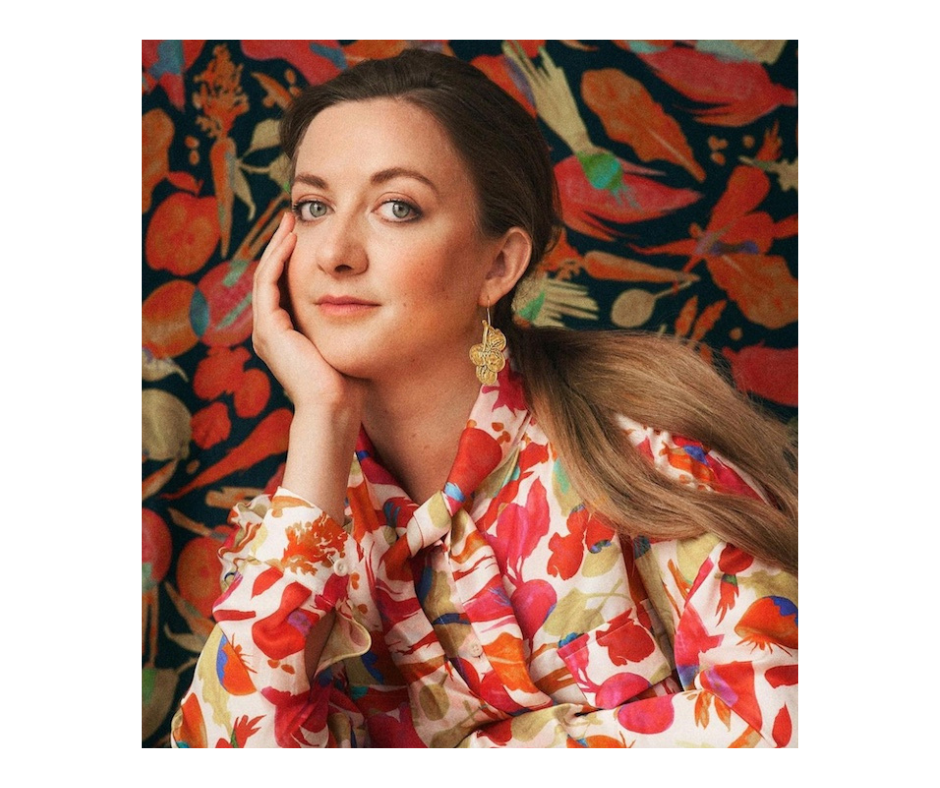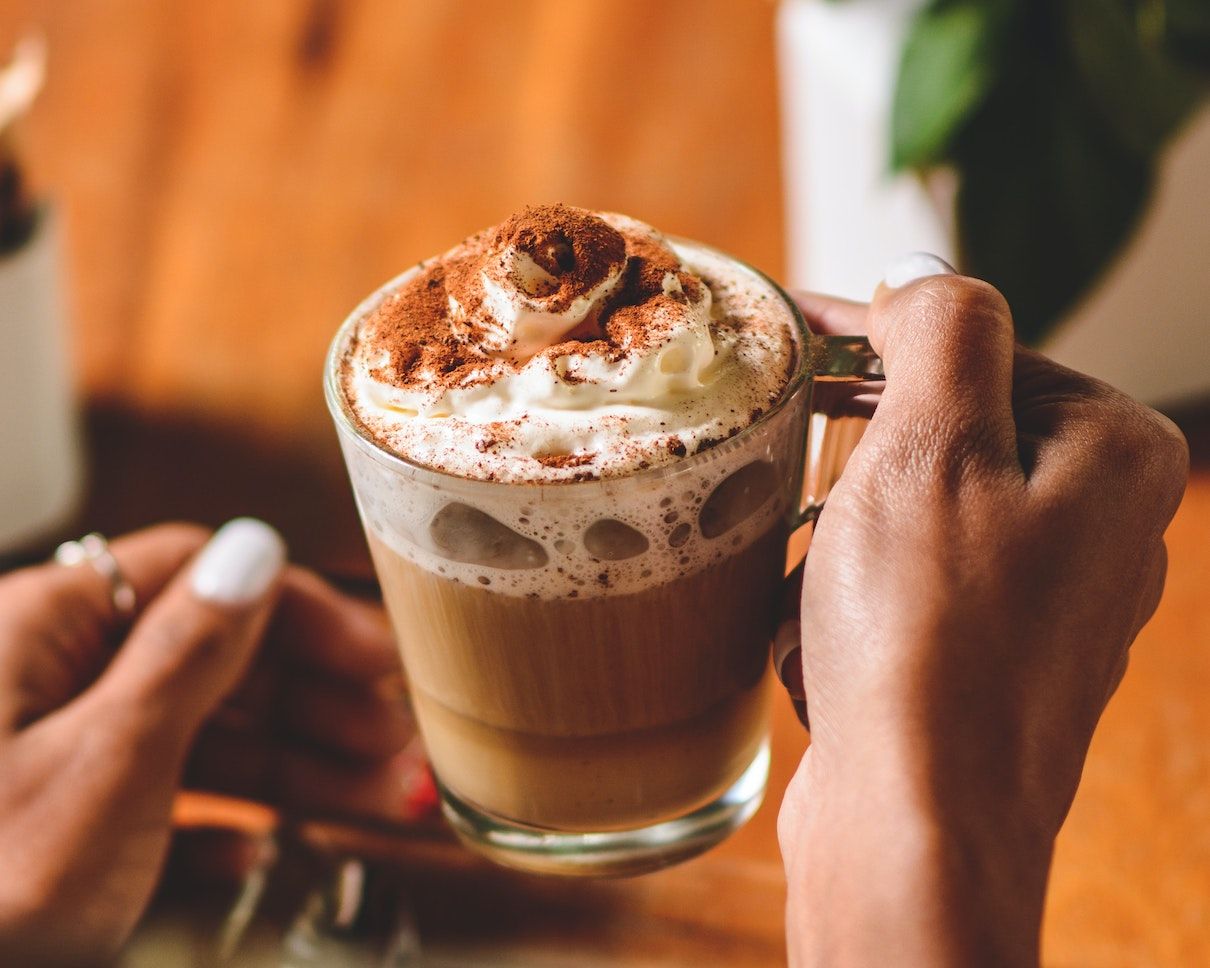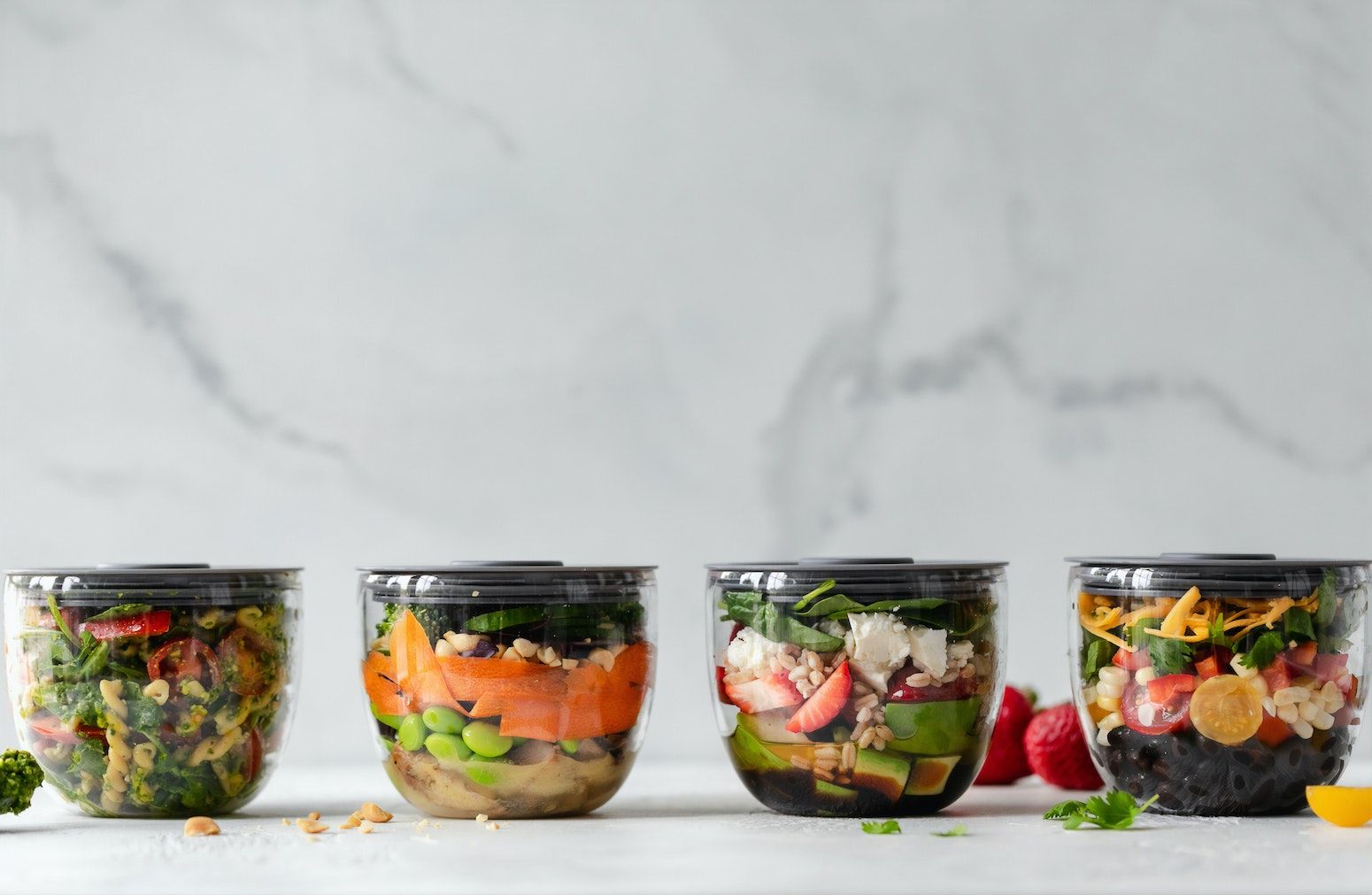The important link between diet and good mental health is often overlooked. So here are six practical tips to help you put positivity back on your plate
Mental health has affected me in many ways over the years. I have watched close friends suffer and fail to manage illnesses, noticed mental health go uncared for, witnessed first-hand the stigma, and seen the personal struggles of people trying to get help, yet getting nowhere within an impersonal system.
Following my own mental health struggles, I have spent the past decade creating my own mental health handbook, that’s been my guide to life ever since.
This all started for me at the end of a five-year degree in fashion. I was at an all-time low, and just on the turning point of a period of intense depression and eating disorders, after losing someone I loved very much.
I had finally found the right combination of talking therapy and holistic treatments, and was opening up to the idea of getting better – but the missing link was finding some sort of passion again.

Portrait | Olivier Yoan for Gung Ho London
Fashion certainly wasn’t it, and neither was the food I had always previously adored. So, I set out to rewrite this story, and create a trend book ‘rebranding’ mental health with an emphasis towards wellness.
Exploring adaptogens (active ingredients in certain plants and mushrooms), rituals, and this new idea of wellbeing, was so exciting to me, and I jumped feet-first into a lifestyle that could feed my mind, too.
Many years, three restaurants, and hundreds of cookery classes later, Mind Food became a book earlier this year, and at a time where the world of mental health is changing, and our mental health as a nation is worse than ever. Here are my six practical ideas for positive mental health:
Mindset
This is all about prevention rather than cure, and sharing resources and foundations for good mental health, so that whatever you are going through, you have the tools to best support yourself and those around you.
We don’t always think about how food will make us feel, but understanding your personal recipe for feeling good is a very powerful tool. The idea of mind food is to include ingredients that can support you when you need to soothe, lift, balance,focus, or chill. This could be eating rosemary daily for better memory and focus, saffron tea for a natural lift each morning, or a cosy hemp hot chocolate for a moment of calm.

Whole foods
On the whole, mind food ingredients are eaten in their natural form – not only because unprocessed ingredients optimise taste and nutrition, but when you start any recipe with good ingredients, you can’t go wrong.
Leafy greens, rainbow vegetables, fruit, whole grains, nuts and seeds, beans, healthy fats, herbs and spices, are all essential in a balanced diet. But the real key is biodiversity, which means eating a range of foods rather than always sticking to what you know. Try buying a different vegetable, or ordering something you haven’t tried before, as a starting point.
Adaptogens and tonic herbs
These ingredients often get a bad rap for being inaccessible. But these powerful plants can be the missing link to a deep transformation for many different issues. Lion’s mane and reishi mushrooms, rosemary, rhodiola, and ashwagandha are some of the more potent plants that appear frequently in the mind food pantry.
Using food as medicine is a part of what mind food is all about, so I encourage you to explore these powerful plants, and find which ones resonate with you. If you’re new to this world of potent plants, start with just one that resonates, take a little each day, and see how you feel.
Living food and fermentation
Eating foods that are alive – sprouted foods, and ferments – are key in eating for your mind.
Sprouting literally means to bring a seed to life. The process of sprouting makes the seed more easily digestible, and more nutritious, and gives you food with life and energy. Fermented foods not only add a tang to our colourful plates, but bring benefits to our gut health and minds. The key to these benefits is increasing the biodiversity in our microbiome.
Both of these processes can be fun, and will connect you with the amazing things plants can do.
Routine
Mind Food is also about making it easy to include these ingredients in your day, whether that is in a daily drink, batch cooking at the weekend, or a certain sweet treat you love. There are always little lifestyle hacks you can use, to give you a little boost to get you where you need to be. Make it easy, fun, and delicious!

Rituals
Lifestyle rituals are just as important as the way you eat. These are the things that you include in your day, the things you need each day to thrive. This can be as simple as a morning and evening routine, but can also go deeper, with practices such as different forms of movement, connecting with nature, socialising, meditating, sound healing, and beyond. This can include healing practices like Chinese medicine, Ayurveda, acupuncture, and many more.
We’ll each connect with something unique, but opening up to this world can enrich our lives, feed our souls, and take our mental health to the next level

‘Mind Food: Plant-based Recipes for Positive Mental Health’ (Leaping Hare, £20), is available now.


Comments